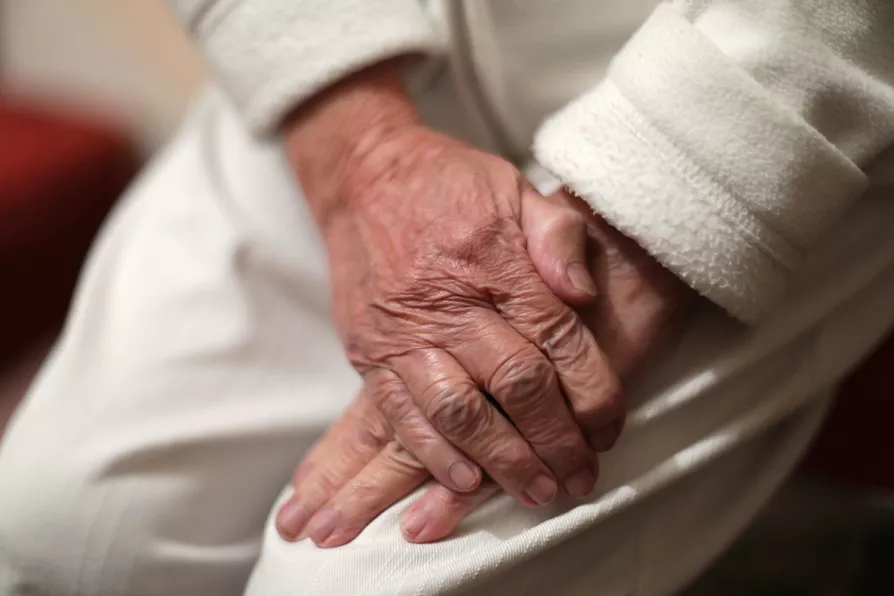Drug shown to slow Alzheimer’s deemed too costly for NHS

 An elderly woman's hands
An elderly woman's hands
THE Health Secretary was urged today to help the NHS get “fit for the future of dementia” after it emerged that a drug shown to slow Alzheimer’s may not be available on the NHS because of its cost.
Trials found that the drug Lecanemab could slow cognitive decline in early-stage Alzheimer’s patients by 27 per cent over 18 months.
Though approved by the Medicines and Healthcare products Regulatory Agency, the healthcare spending watchdog gave a provisional decision denying access to the treatment on the NHS.
Similar stories

Labour warned that workers expect better as anger mounts over welfare cuts and public-sector pay












